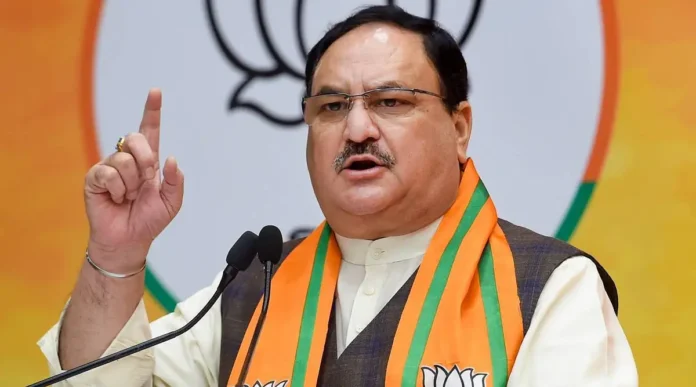The Sikkim Republican Party (SRP) has sharply criticized the Bharatiya Janata Party (BJP) for its call to integrate Sikkim into the “mainstream.” The SRP’s rebuke underscores the delicate balance between preserving Sikkim’s unique cultural heritage and embracing broader national identity, raising questions about the implications of political rhetoric on regional autonomy and identity in India.
Sikkim, nestled in the Himalayas, is known for its breathtaking landscapes, rich cultural heritage, and distinct identity as a former kingdom that merged with India in 1975. Since its accession to India, Sikkim has enjoyed a special status under Article 371F of the Indian Constitution, which grants it autonomy in several key areas, including governance, land ownership, and employment opportunities.
Against this backdrop, the BJP’s recent call for Sikkim to join the “mainstream” has sparked concern among local political parties and residents who fear that such rhetoric could erode the state’s unique identity and undermine its autonomy. The SRP, a prominent regional party advocating for the preservation of Sikkim’s distinctiveness and autonomy, has been particularly vocal in its criticism of the BJP’s stance, accusing the party of promoting a homogenized national identity at the expense of regional diversity.
The BJP’s call for Sikkim to join the “mainstream” is part of a broader narrative that emphasizes national unity and integration, portraying regional autonomy and identity as obstacles to progress and development. Proponents argue that greater integration with the rest of India would bring economic prosperity and opportunities for Sikkim, aligning it more closely with the national mainstream. However, critics, including the SRP, counter that such rhetoric overlooks the unique challenges and aspirations of Sikkim’s people and risks diluting the state’s cultural heritage and identity.
At the heart of the controversy lies a fundamental tension between the principles of unity and diversity in India’s federal system. While the Indian Constitution recognizes the importance of preserving the cultural and linguistic diversity of its states, it also envisions a unified national identity that transcends regional boundaries. Balancing these competing imperatives requires sensitivity, dialogue, and a commitment to accommodating the aspirations of diverse communities within the framework of a united India.
The SRP’s critique of the BJP’s call for Sikkim to join the “mainstream” reflects broader concerns about the erosion of regional autonomy and identity in India’s political discourse. In recent years, there has been a growing push towards centralization and uniformity in governance, with national parties often prioritizing their own agendas over the interests of regional communities. This trend has fueled resentment and alienation among marginalized groups, exacerbating existing fault lines and undermining the principles of federalism and pluralism.
Moreover, the BJP’s call for Sikkim to join the “mainstream” raises questions about the party’s understanding of and commitment to the unique challenges and aspirations of India’s northeastern states. Sikkim, like other states in the region, has its own distinct history, culture, and socio-economic dynamics that require nuanced and context-specific policy approaches. By promoting a one-size-fits-all approach to governance, the BJP risks alienating local communities and exacerbating existing tensions between the center and the periphery.
In response to the BJP’s rhetoric, the SRP has called for greater respect for Sikkim’s autonomy and identity, urging political parties to engage in meaningful dialogue with local stakeholders and prioritize their interests in policymaking. The party has also emphasized the need for greater devolution of powers and resources to the states, arguing that decentralization and grassroots empowerment are essential for fostering inclusive development and strengthening the fabric of Indian federalism.
As India grapples with the challenges of nation-building and identity politics, the controversy surrounding the BJP’s call for Sikkim to join the “mainstream” serves as a poignant reminder of the complexities of regional autonomy and identity in a diverse and pluralistic democracy. Balancing the imperatives of unity and diversity requires sensitivity, empathy, and a genuine commitment to accommodating the aspirations of all communities within the framework of a united and inclusive India. Only through dialogue, mutual respect, and a shared commitment to pluralism can India truly realize its vision of unity in diversity.


